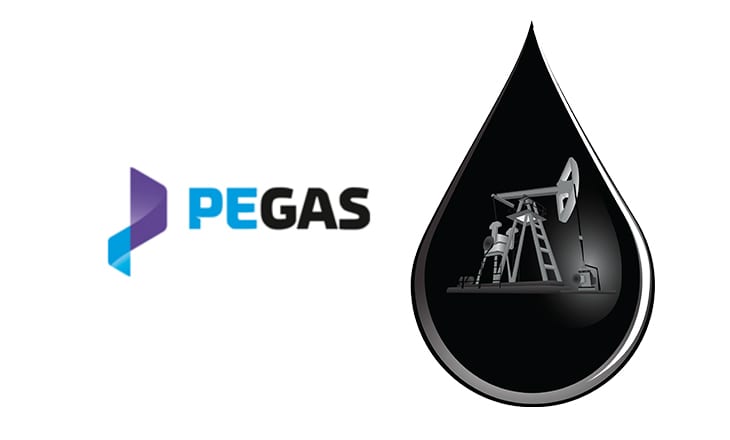The pan-European gas trading platform PEGAS, operated by Powernext has today published a new position paper regarding the potential merger of the NCG, Gaspool and TTF gas market areas in the near future. Within the paper, PEGAS outlines the potential cost of such a merger while also assessing the limited benefit to end consumers.
The position paper follows a study initiated by the German Bundesnetzagentur (BNetzA) into the functioning of the two German Market Areas NCG and Gaspool. BNetzA were supported by independent consultants WECOM who analysed the performance of the market. The study by WECOM indicates that the local spot markets in both Germany and the Netherlands are well established and provide sufficient liquidity to enable market participants to balance their portfolios short-term.
PEGAS has been instrumental in developing these spot markets over the last decade and is today the leading trading platform in continental European spot markets.
Furthermore, the study outlines that the TTF gas market area serves as a central hub for continental Europe when it comes to derivative trading. This is due to the fact that derivatives on gas are much more standardized than spot contracts. Also, derivative prices relate to average spot prices, and these have been constantly converging between TTF and the German market areas in recent years.

Egbert Laege, CEO of Powernext
Egbert Laege , CEO of Powernext, commented:
To trade spot contracts on the local markets and derivative contracts on a central liquid hub, like the TTF, is not a contradiction, but an efficient equilibrium on which the market has coordinated. It enables our members and other market participants to benefit from bundled liquidity on TTF and at the same time this ensures the availability of tailor-made products on the local markets. A further integration is expected to be costly, while the benefit for the end consumer is probably small.
